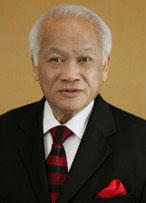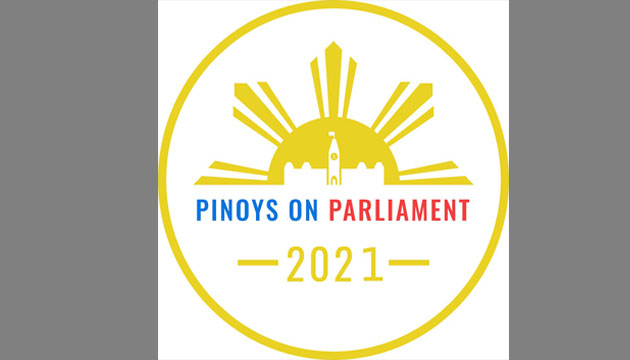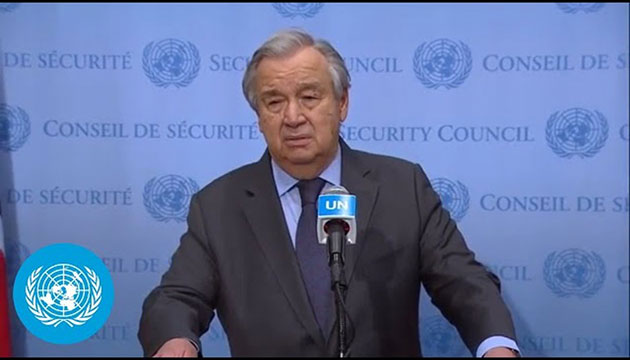Ed’s Note:This is Part 3 of Dr. Pagtakhan’s ongoing previewof the forthcoming book, Indomitable Canadian Filipinos.It focuses on its value and significance. Part 1 covers the scope and purpose and Part 2 the contents and themes.
Why, you might ask, did the non-profit Maple Bamboo Network Society of B.C. (MBNS) and its non-commercial newsmagazine, Canadian Filipino.Net(CFNet), decide to undertake this book project?
To take on a challenge? You bet. Both the MBNS Board of Directors and the CFNet Editorial Board have been guided by their passion to profile the Canadian Filipino community in their common pursuit with fellow Canadians to make Canada the best country that it could be. In fact, both Boards subscribe to the thesis that Indomitable Canadian Filipinos would have a salutary impact not only on Canadian Filipinos but also on all Canadians. Indeed, this project is a labor of love.
Impact and Importance
Until now, most books on Filipinos published in Canada had been limited to Filipinos in a province, city, or specific occupation. Important as they are, the need to expand inquiries more widely and more inclusively has become imperative in light of the fast-growing community.
Dr. Jon Malek, while researching for his introductorybookletFilipinos in Canada – as mentioned earlier in Part 1 of this ongoing preview – had keenly observed that “very few works had been published in Canada about the Canadian Filipino community in its entirety.” He singled out Seeking a Better Life Abroad: A Study of Filipinos in Canada (1957–2007) byEleanor Del Rio-Laquian and Aprodicio A. Laquian as one of the few. Now a vintage book, it provided a natural groundwork for Indomitable Canadian Filipinoswhich encapsulates the contemporary history of the Canadian Filipino community in its entirety.
Admittedly, many intervening developments have transpired in the Canadian Filipino community since the publication and distribution in Manila of the Laquians’ pioneering book a decade-and-half ago. The magnitude of Filipino migration to the country has remarkably increased. The 1.5 and second-generation Canadian Filipinos have more actively participated in Canadian affairs. And there has been heightened awareness about Filipino heritage, culture, and traditions since Canada’s Parliament declared in 2018 that “June, every year, as Filipino Heritage Month” nationwide.
Indomitable Canadian Filipinos offers all Canadians1) an opportunity to better understand Canadian Filipinos as a community with their own perspective on Canadian affairs and impact on Canadian society; 2) a comprehensive coverage of Canadian news and views as seen from the perspective of Canadians with Filipino heritage; and 3) informationon the Canadian Filipino community across the country and beyond the first generation. Thus, one can anticipate greater intercultural and intracultural understanding and collaboration.
Canadian Filipinos would also know more about their own contemporary history, the richness of their Filipino heritage, and the jewel box of Filipino values. They would become more confident when engaged in conversations with their non-Filipino friends, neighbours, and co-workers about the scope of Filipino heritage, culture, traditions, and work ethic. And more assured when they dialogue with the fast-growing 1.5 and second generations who grapple with their identity.
When Canadian Filipinos become an increasing part of the national conversation – the availability of this book to many Canadians will help that happen – it will, intuitively, reinforce national consciousness that Filipinos are a significant part of Canada’s national identity and prosperity. When their community’s contributions to the varied spheres of our nation’s life—cultural, economic, environmental, political, and social—are made known to the greater whole, the vibrancy of the community will be duly acknowledged. Then, greater thingsbecome more forthcoming.
Intergenerational adjustments within Canadian Filipino families will proceed with more ease.Any lingering perception that the Canadian Filipino community is fragmented and non-visible on issues of national dimension would be laid to rest.
The book could serve, too, as a motivational tool for role modeling and a reference source for governments, industry sectors, and educational institutions. Historians, social scientists, and policy-makers stand to gain new insights into universal human values and envision future research projects.
Most certainly, Indomitable Canadian Filipinoscommends itself as a legacy for future generations of Canadian Filipinos. Just as it is hoped all readers would find this book informative, inspiring, and entertaining. (To be continued)














